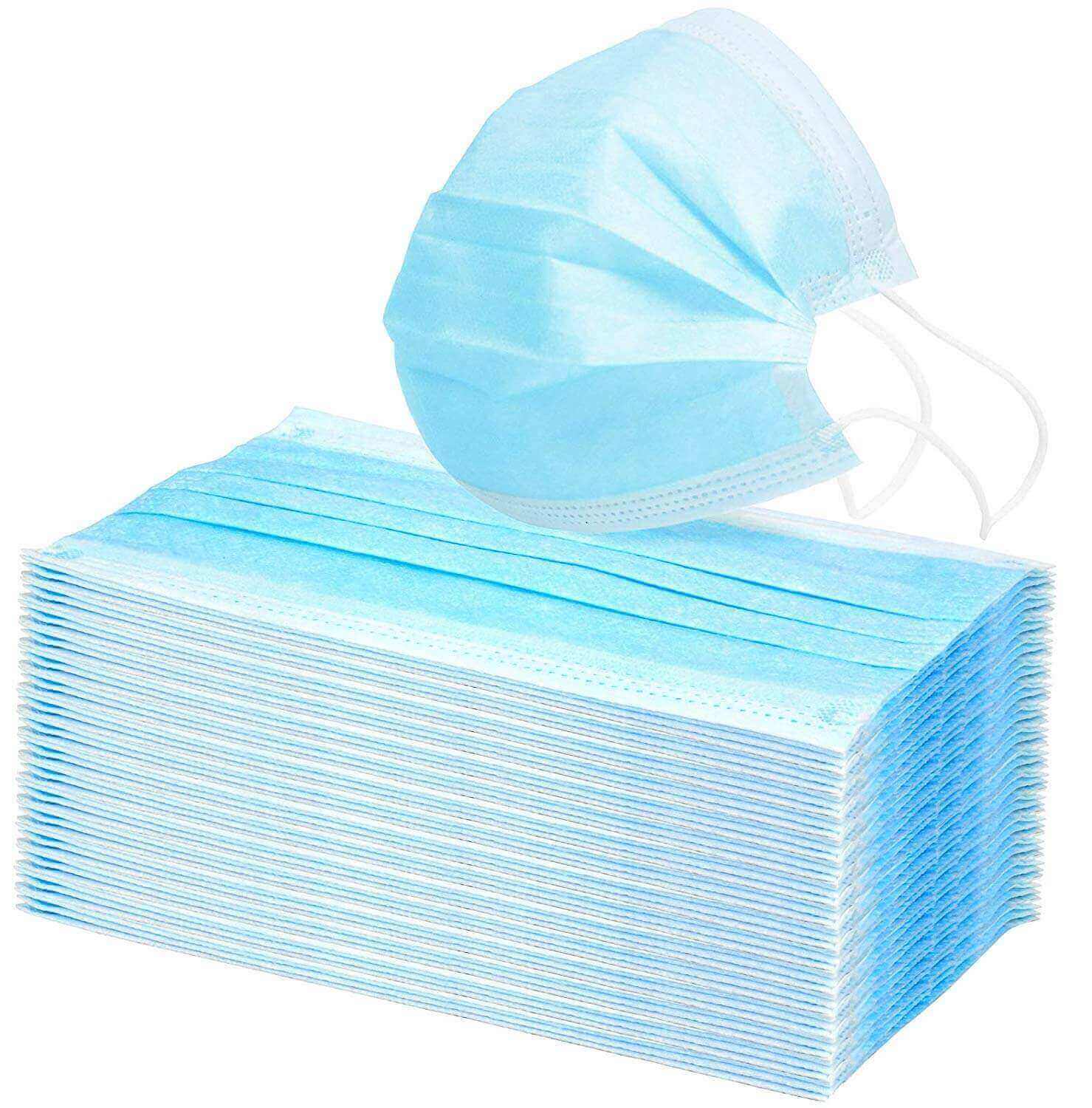Wearing a disposable medical mask (know more) will keep you safe from allergens in the air to a considerable extent. There are so many of these allergens and they can result in asthma attacks, aggravate COPD, and trigger allergies. It is easier to ensure that your home is free of allergens but what happens when you are outdoors?
This is where disposable medical masks come into the picture. You can protect yourself from pollutants, allergens, and infections using a well-fitted mask. The question to answer is, which mask should you buy?
We understand your position and have put together this buying guide to help you make your choice. After reading this post, you will know the different key components to watch out for when making a purchase. And if you have any demand for the disposable medical mask, please click here.
Protecting yourself from particles in the air
The air we breathe is filled with particles regardless of your location or the time of the year. Springtime brings us loads of pollen particles as flowers, trees, and weeds bloom. During summer, the pollination process continues with other plants. We also have smoke from fires burning in different parts of our environment.
What this implies is that we never really take in clean air. Do you now see why you walk into an environment and begin to sneeze for no just cause? Wearing a disposable medical mask known as an allergy relief mask offers protection in this case. You should wear one when walking, exercising, working, or just chilling outdoors.
With an allergy relief mask, you are able to filter the air you breathe. This will come in handy if you work in a very dusty environment.
Protecting yourself from fumes, vapors, and smoke in the air
As you move around, you get to inhale a lot of fumes, chemical vapors, odors, and smoke. These pollutants may vary largely but are all very dangerous to the health. Indoors, the most common pollutants are tobacco smoke, perfumes, paint, adhesives, varnishes, etc.
It is essential that you get a mask that is able to trap these pollutants so you don’t consume them. What you need in this case is a mask that is able to filter the air. These usually come with activate charcoal or carbon, the exact type in most of the air purifiers you know.
The activated charcoal or carbon adsorbs the odors and traps them so they don’t pass through the masks. These are great for people prone to reacting to these pollutants. They are also great for individuals dealing with MCS (Multiple Chemical Sensitivities).
Factors to consider when buying disposable medical masks
We understand how challenging it must be chosen from the array of masks in the market. It will be quite difficult picking out one to suit your needs. Here are a few factors to help make your choice easier.
Filter types
This answers the question, what exactly do you want to filter? You either want to filter gas vapors or filter particles. The most common is particle filtration and it is also the most used. You should always look out for N95 as the baseline filtration value.
Here is the implication of this kind of filter. It can trap at least 95% of every particle that is equal to or larger than 0.3 microns. The CDC has also recommended this filter for protection against flu and many other viruses. Never forget that higher ratings always mean better filtration abilities.
Filtration ratings
It is very important to consider the filtration ratings of a disposable medical mask before buying it. Filtration ratings are not based on the type or size of particles filtered, they are based on a few other factors. One such factor is how well the mask fits on the face of the wearer.
Another important factor that determines filtration ratings is how the masks can dissipate heat. You should always remember that heat is one of the common byproducts of wearing face masks. Always check for customers’ reviews in the light of these factors to be sure of what you are buying.
Types of filtration
We have already told you that a mask could filter gas vapors or particles. The gas vapors are usually adsorbed by the filter and they include smoke from fires and tobacco, exhaust fumes, and perfumes. Others include fumes from paint, chemical cleaners, varnishes, odors, and many other solvents.
Particle filters, on the other hand, help to remove pollen, dust, mold spores, pet dander, and many other particles. While some masks can only filter one of these types of pollutants, others offer protection against both.
Mask styles
Some masks are just masks, while others are known as respirators. You are probably wondering what the difference is. The easiest way to differentiate is that respirators come with a valve for moisture and heat dissipation. Regular face or surgical masks don’t have one.
Another way to differentiate is that respirators can make use of supplied air instead of trying to filter outside air. A regular surgical mask does not provide this sort of luxury. Many people make the mistake of interchanging both terms but in reality, they are different.
Longevity
This has to do with how long a filter or mask can last and it varies depending on a couple of factors. Some of the determining factors include the environment where the mask is used, activities you engage in, and storage.
On average, masks that have replaceable filters or semi-disposable masks should give you between 50 and 60 hours of use. Disposable masks provide maybe half of this. Again, this is a function of how you use the mask.
Prices
We cannot talk about factors determining what mask to buy without mentioning the price. The prices of masks vary based on factors such as filtration rates, durability, longevity, filter flexibility, etc. At the end of the day, the price of your mask should balance with its purpose.
Conclusion
With the information in this post, it should be easier to buy a disposable medical mask. We have shown you the different factors to consider before making a purchase. You have also seen what a mask protects you from.


